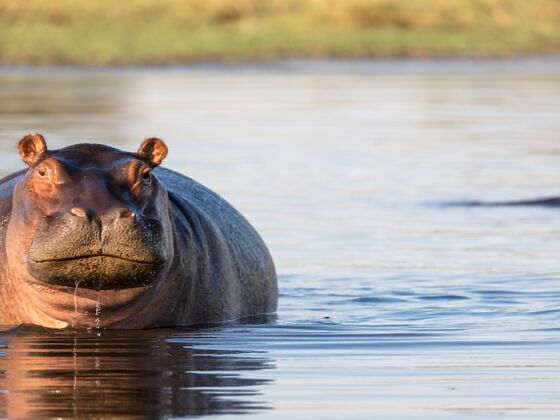Hippos are one of the most iconic and recognizable animals in Africa, often found in its rivers and lakes. Although these mammals are mostly known for their size and strength, many people don’t realize that hippos can swim surprisingly fast, as evidenced by this viral TikTok video. But how can they move so fast in the water?
@matadornetwork Who knew hippos could run so fast in the water 😳 🦛 🎥 @miami_vybe305 #hippos #hippotok #wildlife #hippopotamus #wildlifeoftiktok ♬ original sound – Sickickmusic
Hippos may be huge animals — some adults can weigh up to four tons — but they can still move with surprising speed when they enter the water. Young hippos are especially quick; according to some studies, they can swim as fast as 8 miles per hour. That’s about the same speed as a human running at a full sprint.
